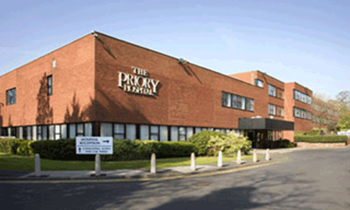
ABOUT ME

MY EXPERTISE
HOW I CAN HELP
BOWEL CANCER
For those with more advanced cancer I have a range of expertise unique in the Midlands. This enables me to coordinate a truly state-of-the-art approach. Drug treatment based on the tumour’s molecular profile is central to this, but the addition of innovative treatments such as CyberKnife radiotherapy or selective internal radiotherapy (SIRT) can often achieve better outcomes. I have close links with colleagues who offer surgical treatment for cancer affecting the lungs, liver and peritoneum (abdomen). My goal is always to balance the effectiveness of treatment against possible side effects.
HEAD & NECK CANCER
Radiotherapy is often used to cure head and neck cancer, either alone or in combination with chemotherapy. The technically advanced facilities at the Queen Elizabeth Hospital and at Spire Little Aston Hospital are second-to-none. Chemotherapy is available at several different locations to maximize convenience. Being treated by an experienced and innovative team is central to getting the best possible outcome.
I have a strong interest in the treatment of head/neck cancer that has recurred, or spread to other parts of the body. I was the first oncologist in the Midlands to use the most promising form of immunotherapy to treat advanced squamous cell cancer, and play a key role in local research efforts in this area.
THYROID CANCER
LIVER & PANCREAS CANCER
Selective internal radiotherapy (SIRT) is a way of targeting tumours by injecting radioactive beads directly into the liver, via its bloodstream. The beads lodge inside and kill the tumour tissue, and the radiation quickly dissipates after injection. SIRT can be used to treat both primary and secondary liver tumours. I work alongside an experienced radiologist and nuclear medicine doctor to deliver these innovative techniques for liver and pancreatic tumours at the Queen Elizabeth Hospital.
CYBERKNIFE
TESTIMONIALS
MY PRACTICE LOCATIONS

SPIRE HOSPITAL GENESIS CARE LITTLE ASTON & PARKWAY (SOLIHULL)

QUEEN ELIZABETH HOSPITAL EDGBASTON

